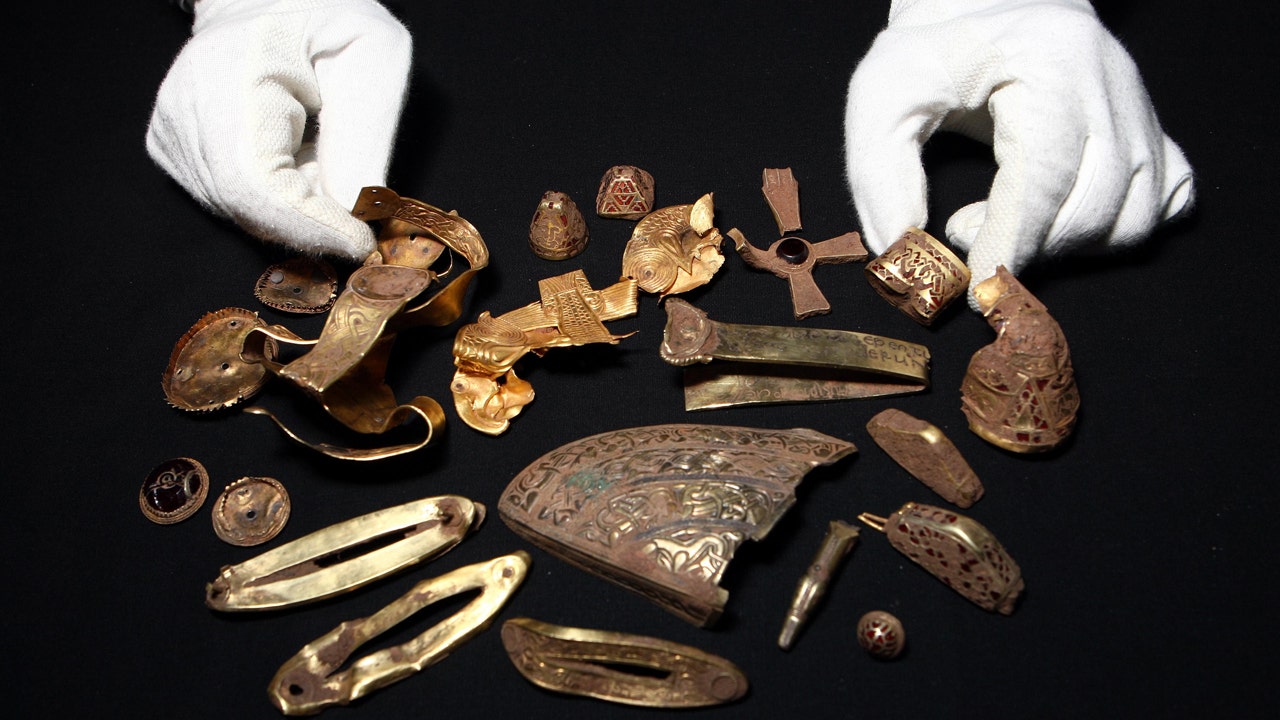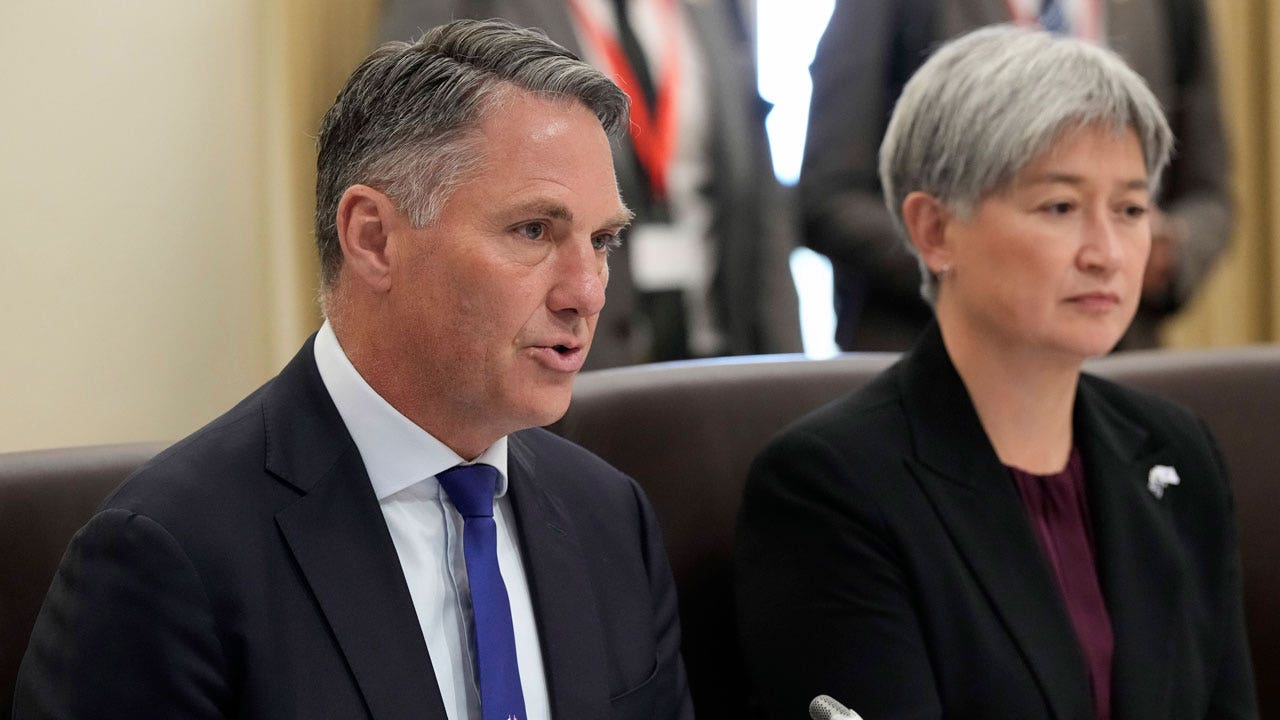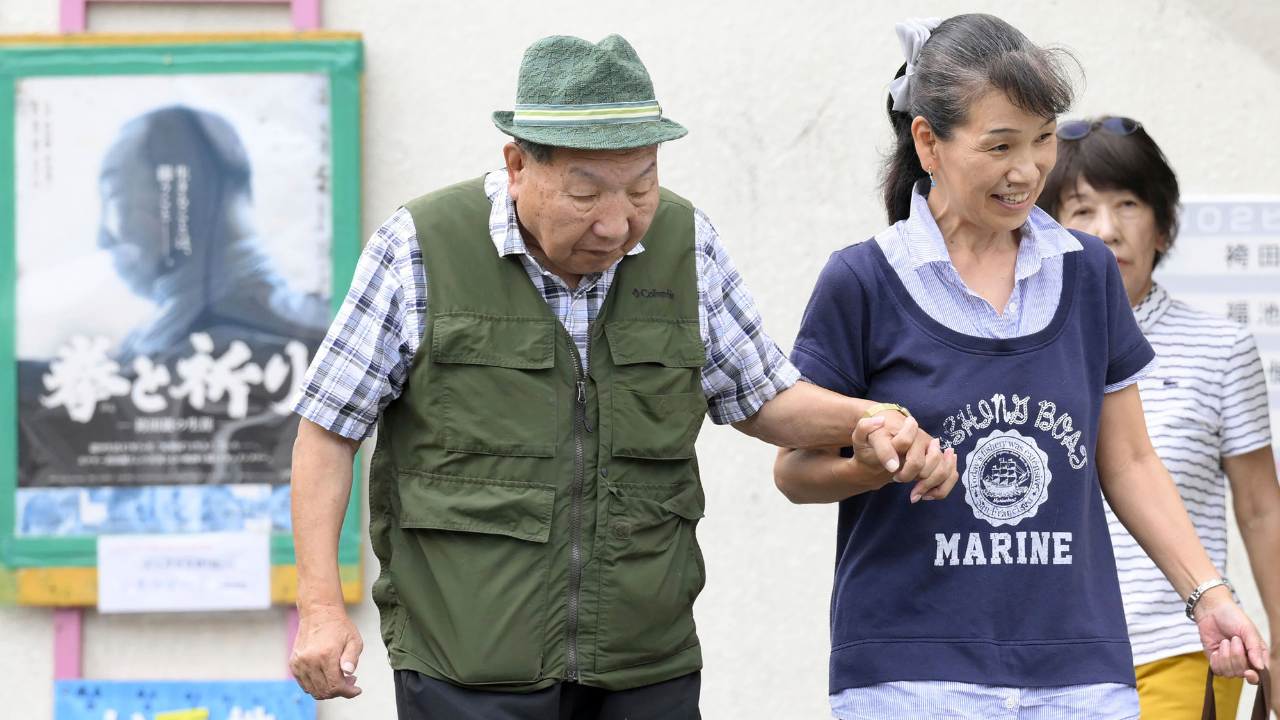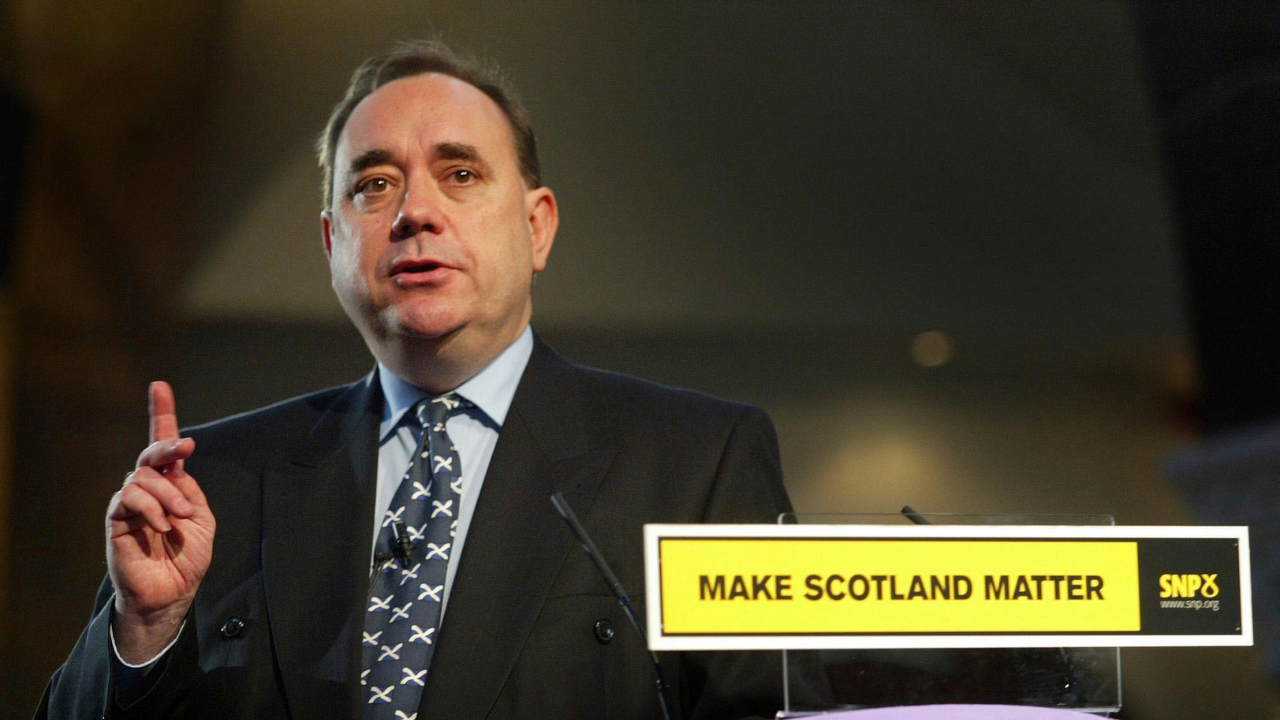Times Insider explains who we are and what we do and delivers behind-the-scenes insights into how our journalism comes together.
I found myself getting emotional these past few weeks, covering the D-Day commemorations and celebrations in Normandy.
I kept thinking of Jim Bennett.
Jim was my husband’s grandfather. In the family, he was known as a Renaissance man — an investment adviser who preferred to build boats, cook doughnuts over a wood stove and grow giant zucchinis. He was also a World War II veteran with the Canadian artillery who landed on what would become known as Juno Beach on June 6, 1944.
He was in charge of some 100 men, operating tanks whose treads left marks on the sidewalks of Courseulles-sur-Mer still visible in places today.
After the Normandy landings, he spent weeks bogged down in fighting in Caen — a city so pounded by bombs, molten lead dripped from buildings. He didn’t like to talk about the war. One of the few stories he told was of V-E Day. He found himself by a barn, and took a horse out for a ride along the beach to remind himself there was life.
He never went back to Normandy. He said his visit in 1944 was hell, and he had no need to repeat it.
I wish he had. I think he might have found it healing. He certainly would have been overwhelmed by the reception waiting for him.
As a New York Times correspondent based in Paris, I spent about a week in Normandy to cover the 80th anniversary of June 6, 1944 — when 156,000 Allied soldiers landed on the Nazi-occupied beaches and surrounding countryside, and then moved inland. It proved a critical turning point in the war.
Among my stops was the tarmac on the little Deauville airport, where Delta airlines was scheduled to land, bringing 58 American veterans. On June 3, it felt a bit like a fair ground: There was an honor guard, an army band playing swing tunes from the 1930s and a local re-enactment group dressed in authentic World War II uniforms. As we waited, I wandered the crowd, doing interviews. Every single French person I talked to broke into tears — partly because the moment stirred their own family stories of the war, but also from sheer gratitude.
Christelle Marie, a teacher at a nearby primary school who had brought her class, wept while telling me about growing up near Juno Beach. She often saw older men pacing the shoreline, searching for the exact spot where they had come ashore and witnessed a comrade die, she said.
The enormity of their pain and loss had been imprinted on her. “The duty to remember is so important,” she said, weeping. “It’s an honor to be here.”
At 47, she was born decades after the war.
I wondered how Jim would have processed her words. Would it have removed a small bit of his pain?
In all the little towns and villages, the sense of adoration for the 200 or so returning World War II veterans bordered on mania. It was like they were aging rock stars, come to give concerts.
I had just finished writing a story about the little town of Ste.-Mère-Église, and its relationship with American paratroopers, when I saw a veterans’ parade on its packed schedule. I drove back there to see it, and found a parking spot in a far-off farm field. From the distance, the small central square looked like a thronging ant hive. It was packed shoulder-to-shoulder with thousands of people.
When I later asked Jim O’Brien, 99, what the experience of the crowd was like, he responded: “Overwhelming. I’d like to do that every day.”
But Henry Kolinek Jr., 98, told me it was too much for him. “I’m a shy guy,” said Mr. Kolinek, who goes by H.J., and who flew 37 missions over France, Belgium and Germany as a tail gunner in a bomber. This was his first time back in Normandy since the war.
I thought again about Jim. I wondered how he would have reacted to all the love and gratitude. One Thanksgiving dinner, I was asking him about the war, when his wife asked what we were discussing in such a conspiratorial way, our heads together. “Catherine was just asking me about sex,” he responded, sparking uproarious laughter.
I don’t think he’d have taken well to all that attention for what he did during a war he worked so hard to forget. But maybe the experience could have offered a balm.
Jim died in 2009. He was 90.
On June 6, I went to the ceremony set inside the American Cemetery in Colleville-sur-Mer, to hear President Biden’s remarks. The sun was bright and full. The graves of 9,388 soldiers dotted the grass, row after row, around us. One veteran said when he looked at them, he saw his former comrades waving to him.
The veterans, of course, were the stars of the event. Many wore heavy-knit scarves around their necks and blankets over their shoulders. It was clear that for many, this would be their last time here in Normandy. Their average age is 100.
President Emmanuel Macron of France awarded 11 of those present the Legion of Honor — the country’s highest award.
Each man struggled to stand for the moment. After pinning the large medal with a large red ribbon on each veteran’s chests, Mr. Macron gripped them by the shoulder’s tightly, and then leaned down to give each “la bise” — two kisses, one for each cheek.
I wasn’t the only one in the press area crying.
Everyone in the crowd wanted to kiss them, too.






